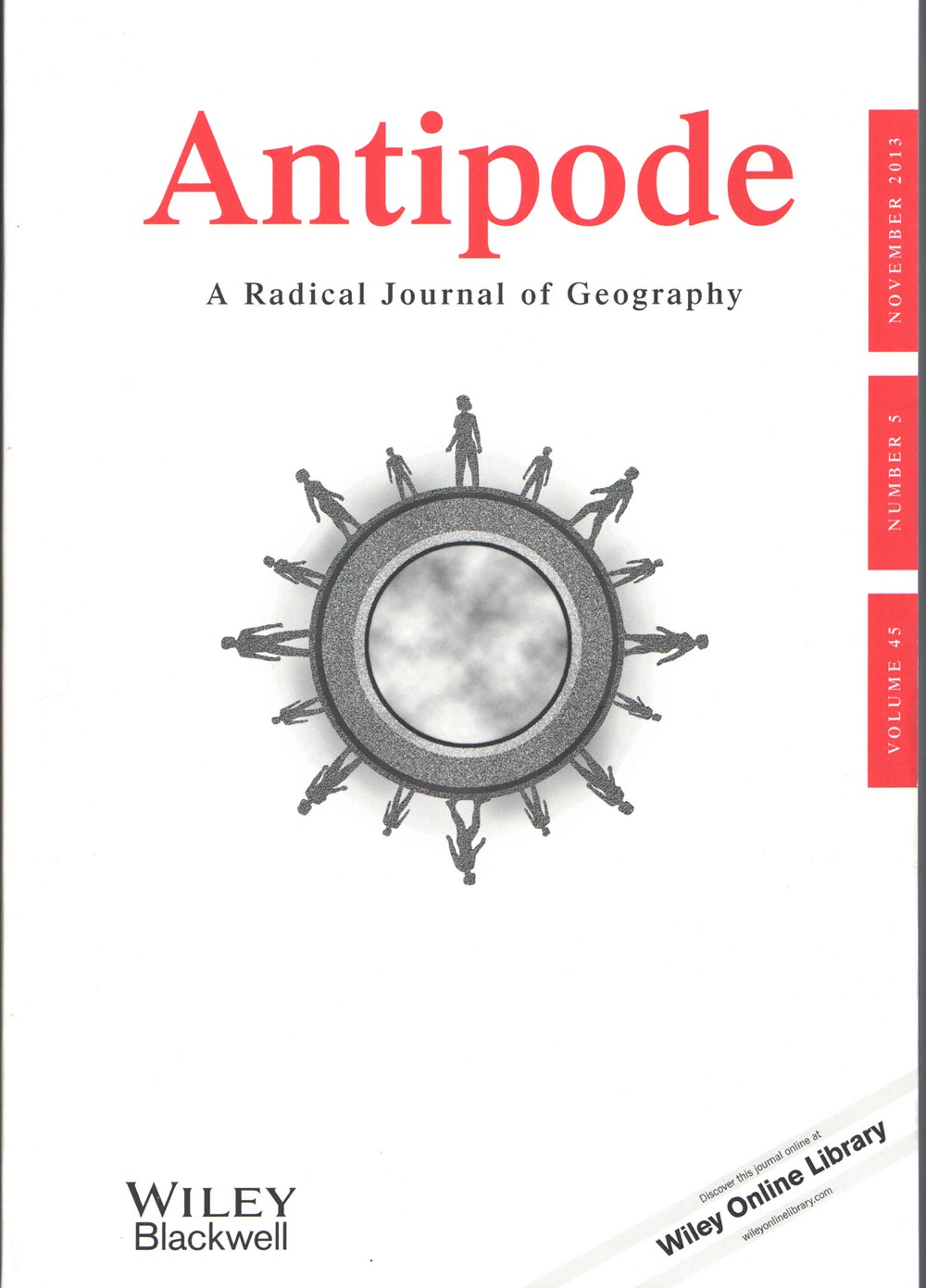自我保健的伦理:智利的风险、责任与生育
IF 3.6
1区 社会学
Q1 GEOGRAPHY
引用次数: 0
摘要
自我保健的含义十分复杂,既包括激进的政治战争,也包括结构性的生物政治政府性。本文通过分析智利圣地亚哥妇女协商怀孕的经历,探讨了生活中自我保健的紧张关系。通过对 40 个生活故事的访谈,研究结果表明,尽管性教育、避孕和堕胎仍然受到限制,并根据阶级的不平等而被结构化,但人们期望妇女通过控制怀孕风险和对其生育结果承担责任来照顾自己。我认为,智利圣地亚哥的生育政治是由新自由主义的自我保健伦理塑造的,这种伦理将妇女概括为自主、理性和自我调节的主体,却忽视了影响是否生育和何时生育的结构性限制。这种新自由主义的自我保健伦理强化了自我负担过重、生育女性化、护理私有化和粗心大意的制度化,破坏了自我保健的颠覆性和解放潜力。本文章由计算机程序翻译,如有差异,请以英文原文为准。
The Ethics of Self‐Care: Risk, Responsibility, and Reproduction in Chile
The meanings of self‐care are complex, ranging from radical political warfare to structural biopolitical governmentality. This paper explores lived tensions of self‐care by analysing women's experiences negotiating pregnancy in Santiago de Chile. Drawing on 40 life story interviews, the findings show that although sexual education, contraception, and abortion remain constrained and structured according to class inequalities, women are expected to care for themselves by managing the risk of pregnancy and assuming responsibility for their reproductive outcomes. I argue that politics of reproduction in Santiago de Chile are shaped by a neoliberal ethics of self‐care that outlines women as autonomous, rational, and self‐regulating agents while neglecting structural constraints that affect whether and when to have children. This neoliberal ethics of self‐care reinforces the overburdening of the self, the feminisation of reproduction, the privatisation of care, and the institutionalisation of carelessness, undermining the subversive and emancipatory potential involved in caring for oneself.
求助全文
通过发布文献求助,成功后即可免费获取论文全文。
去求助
来源期刊

Antipode
GEOGRAPHY-
CiteScore
9.50
自引率
10.00%
发文量
111
期刊介绍:
Antipode has published dissenting scholarship that explores and utilizes key geographical ideas like space, scale, place, borders and landscape. It aims to challenge dominant and orthodox views of the world through debate, scholarship and politically-committed research, creating new spaces and envisioning new futures. Antipode welcomes the infusion of new ideas and the shaking up of old positions, without being committed to just one view of radical analysis or politics.
 求助内容:
求助内容: 应助结果提醒方式:
应助结果提醒方式:


